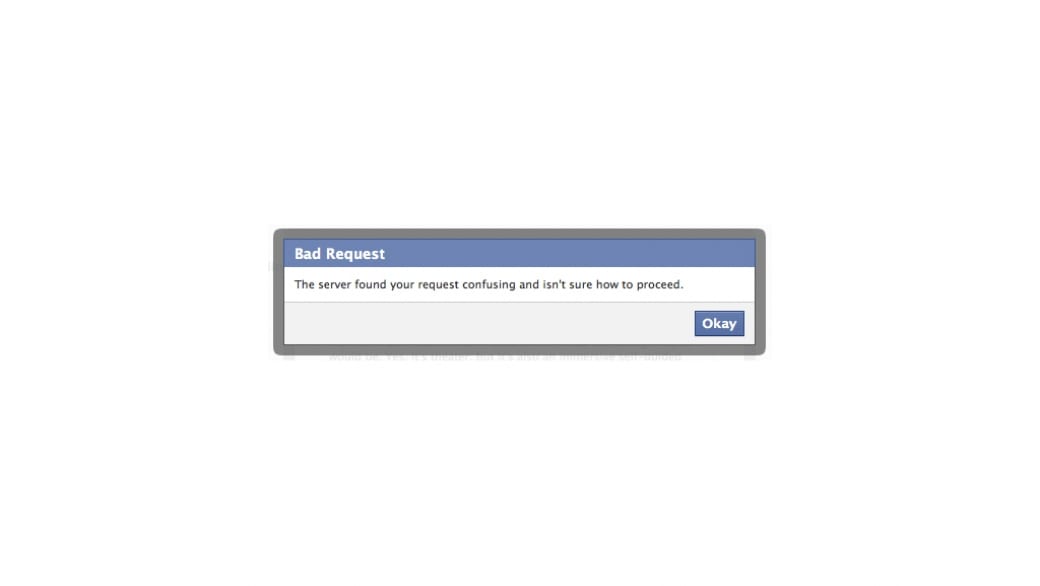I wanted to be someone else, which is what started the whole Facebook debacle.
Between my second and third year at university, I was involved with the Buddies in Bad Times’ queer youth arts program in Toronto. At school, I was bleach-blond, heavily made up and involved with the campus’ LGBT community — at home, I didn’t bother with the eyeliner and I wasn’t out. I was Mike to my family, Michael to my classmates and Mikey to my friends. Sometimes I was Claudia Bop, a drag persona I’d developed during PrideCab, Buddies’ annual youth, feature-length Pride production. (“Ms Rogers’ Gaybourhood,” anyone?) And on Facebook, I was Michael Lyons — until I got the phone call.

(Prentiss Riddle/Flickr)
A member of my extended family had tracked me down on Facebook, around the time the social network was becoming more and more popular. She called me at home, and I could barely hear her through the sobbing. “I’m going to tell your parents you’re a gay transvestite,” she said.
“Uh, no,” I managed to say before quickly hanging up. I wasn’t afraid she would out me; I was embarrassed by her ignorance in threatening to tell my parents I was something that I wasn’t. I lied when my mom asked who had called, and tried to pretend nothing happened. I immediately blocked the family member, changed my privacy settings and changed my name on Facebook to an apocryphal reference to the Gregory Maguire novel Wicked. My friends all thought the new name was hilarious; I thought it was safer, more comfortable and more anonymous.
I find myself wondering now which “me” friends and family knew me by, since these days, my Wicked-inspired name probably wouldn’t fly with Facebook. Its controversial name policy, which first targeted drag queens and performers, received a reworking in mid-December:
“On Facebook, we require people to use the name their friends and family know them by. [. . .]
“We’re also testing a new tool that will let people provide more information about their circumstances if they are asked to verify their name. People can let us know they have a special circumstance, and then give us more information about their unique situation,” the report says.
If users are victims of abuse, a member of the LGBT community or an “ethnic minority,” then Facebook may be willing to make an exception to let you use a different name — under review, of course. Otherwise, if you have a weird or suspect name according to Facebook’s standards, you’ll have to upload some ID to prove your name is real.
This doesn’t acknowledge other “special circumstances,” like if a person is a drag queen, a burlesque performer, a porn performer or simply prefers to use a pseudonym online for their account. On top of my own story, I can think of a dozen other situations among my friends in Toronto where people would want to use a different name than “the name their friends and family know them by.”
There’s something ethically dubious about a social network demanding that vulnerable users make themselves accountable to an anonymous person on the other end. I would be interested to see what the process of asking a 14-year-old transgender kid about their “special circumstance,” and what it looks like to “give [Facebook] more information about their unique situation.”
As nuanced, fragmentary and fluid as identity can be, Facebook better figure it out.
(Michael Lyons writes monthly for Daily Xtra as co-columnist of the History Boys)


 Why you can trust Xtra
Why you can trust Xtra


